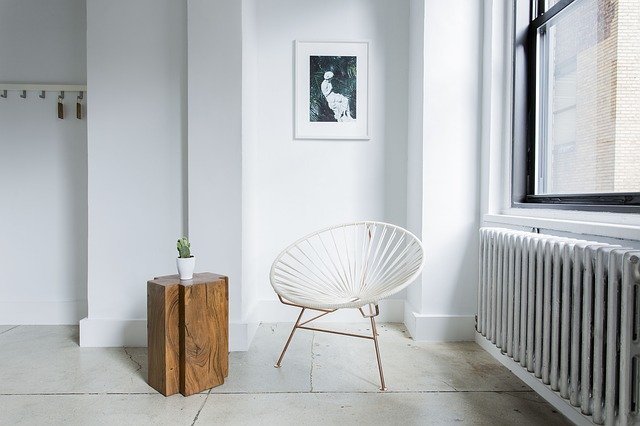Fusion of Flooring and Ceramic Tiles for Home

Ceramic tiles are the thin slabs of inorganic substances or clay, solidified by oven firing and are generally coated with some glaze. Ceramic is increasingly gaining popularity for being durable.
Typically, the fusion of flooring and ceramic tiles is the best option for residential properties. The popularity of these tiles is attached with advantages and drawbacks of ceramic tile flooring.
Ceramic Tile Flooring Pros and Cons
Ceramic tile flooring is lasting, attractive, and easy to clean. It is water and stain-resistant and incredibly versatile. You can install ceramic tiles anywhere in your house, may it be your counter-tops, bathroom floor, shower walls, patios, or any other space.
Finding the perfect colour to fit the specific room in your house is not a big issue. With wholesale tile supplies in Mississauga, you can get nearly every hue with attractive textures and patterns along with good copies of natural stone, e.g., Travertine tiles.
Benefits of Ceramic Tiles
While there are several benefits that come along with ceramic tiles. Some of the best features are listed here.
- Water-resistance – Installing ceramic flooring tiles will give you the added protective layer, which will make it heavy to resist stains and water. Besides, glazed ceramic tiles mightily resist high humidity conditions. This feature is particularly beneficial to people who stay in areas with high humidity.
These qualities make ceramic tiles the perfect fit for moist environments, like kitchens and bathrooms. Instead of choosing to use non-glazed ceramic tiles, make sure they are sealed to protect your room from liquids. Also, close the grout lines to keep the moisture away and prevent potential moulds.

- Durable – Ceramic floors are quite hard and tough to crack. If layered correctly, ceramic flooring tiles can last for decades and more protracted if kept well. Moreover, it is easy to replace a single tile if cracked due to any massive impact.
- Easy to care – Ceramic tile flooring is easy to look after and maintain. Stains, dirt, and fluids rest on the ceramic tile surface, but no worries. You can easily wipe them up. It only requires some routine maintenance like vacuuming or sweeping.
- No allergy issues – Having hard surfaces, ceramic tiles tend not to attract animal hair, dirt, dust, or pollen. Nevertheless, this feature helps keep the air unpolluted from annoying materials, particularly for those who suffer from allergies.
Drawbacks of Ceramic Tiles
In addition to the benefits come a few drawbacks of ceramic tiles.
- More rigid surface – As treated previously, ceramic tiles are tough. However, they are a lot easier to clean and care for. On the contrary, the rigid surface can, at times, make it uncomfortable to stand on.
Like resilient flooring, ceramic floors can not be softened with the help of cushioned underlayment. So, it may not be the right option for some feet.
Well, you can balance the hardness of ceramic flooring by placing throw rugs or area rugs at the spots where people mostly stand for an extended period, like in front of the sink.
- Colder material – Regrettably, ceramic floors do not resist heat. If it gets chiller, it will be uncomfortable to walk on with naked feet. Similarly, on hot days, the floor will be warmer than average.
- Heavyweight – Ceramic tiles are not suitable for upper story installation since they are quite heavy. Still, suppose you wish to install them on the second or third floor. It is ideal to have a qualified professional estimate the construction’s integrity and ensure that you are not putting excess stress on the building.

Let’s Make a Comparison
Marble, limestone, and Travertine tiles don’t stain easily if polished. But, most of them are honed, and you will need to seal them to impede staining. Glazed ceramic tiles, on the other hand, don’t require sealing.
Besides, various tiles like walnut, limestone, granite, marble, and Travertine will scratch upon contact with acidic elements like soda, coffee, wine, mustard, etc. You will need to use only specific cleaning products, which can be far more costly than those typical household cleaners.
Ceramic flooring does not etch, and you will not need to buy highly-priced cleaners. Yes, hot water can do the job on marble as adequately as the ceramic flooring.
Ultimately, the economical cost of ceramic is again the prime benefit for choosing. It is the cheapest and most durable floor tile a wholesale tiles supplier such as DixieTileShop can offer you.
Nonetheless, other tile options like limestone, marble, and Travertine are a lot easier to fix if scratched, chipped, or damaged than the ceramic tile that requires experienced hands to install or repair.
